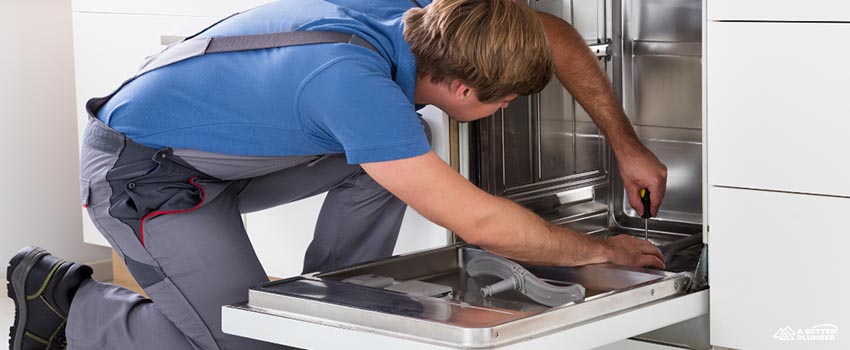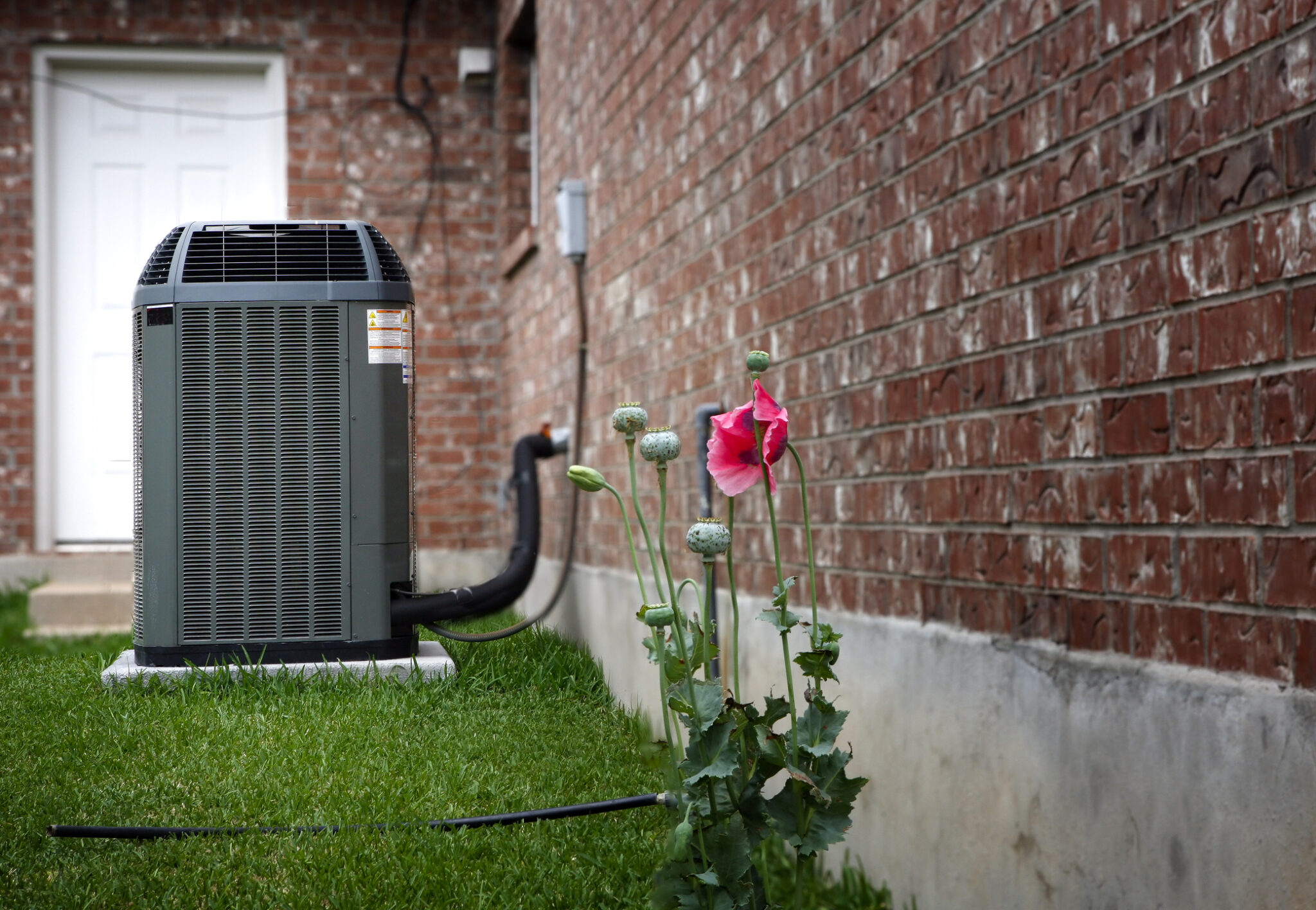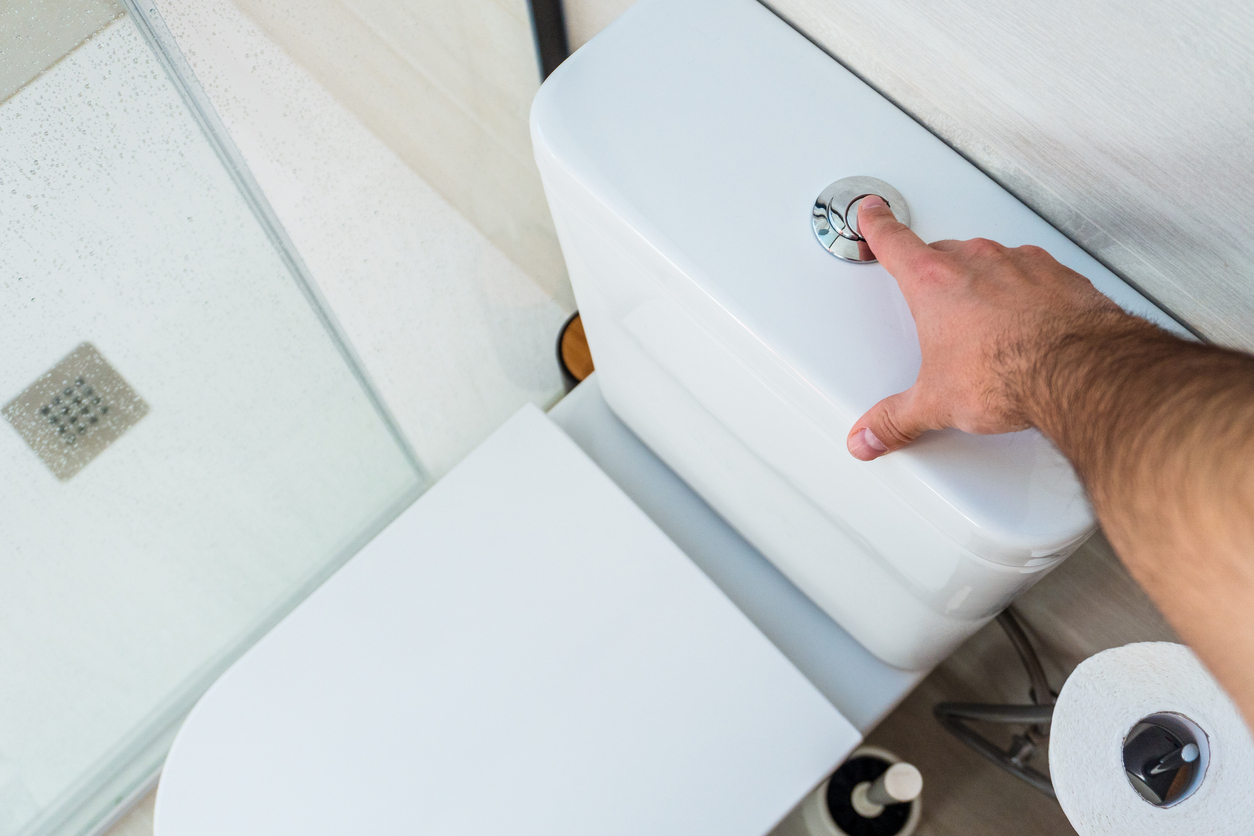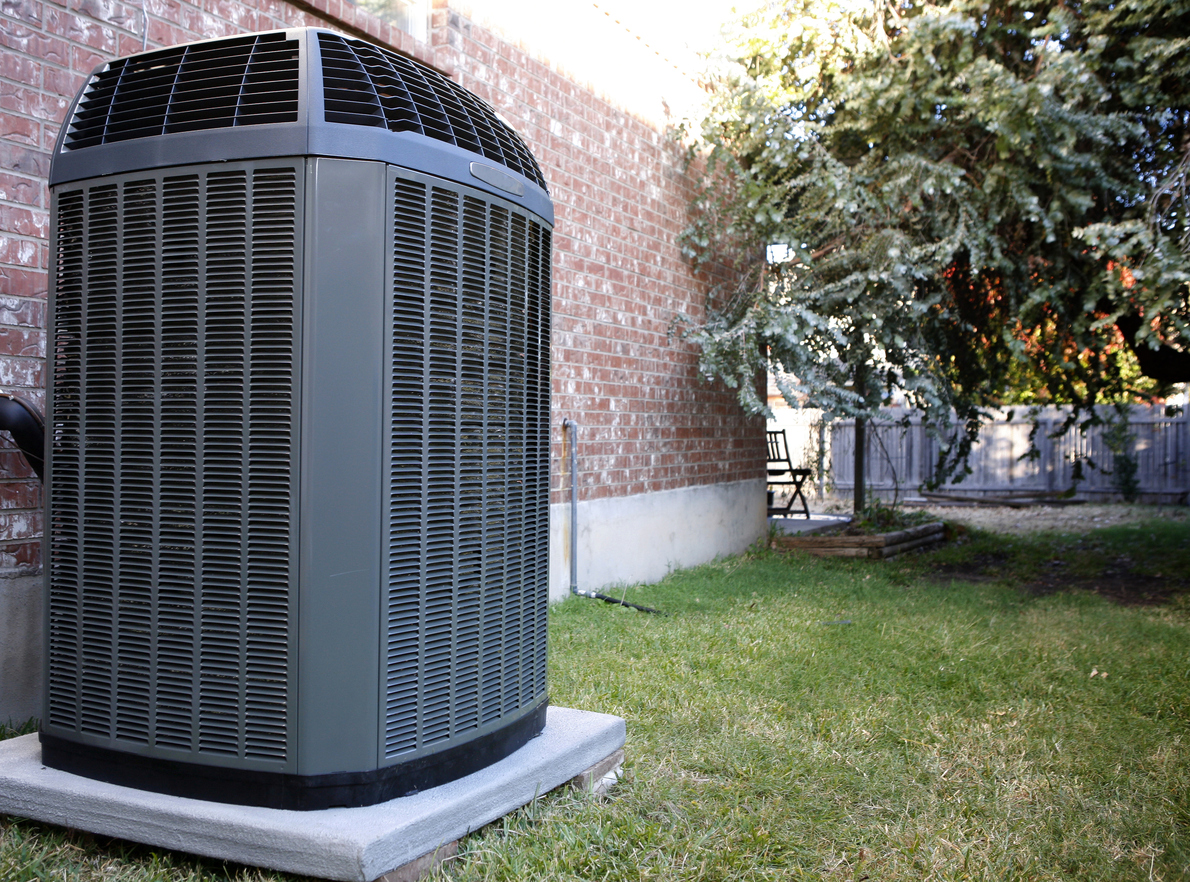12 Common Dishwasher Problems at Home

A dishwasher is an excellent addition to any kitchen. Dishwashers are also for homeowners who find washing pots or dishes tedious and time-consuming. The machine can also be especially helpful during parties, get-togethers, and other special occasions as you will need it for post-party cleaning chores.
Like other home appliances, however, the dishwasher could break down over time due to wear and tear. While a home warranty can help with the repair, it is also crucial that you be aware of some common dishwasher issues that you could face at some point in the future. Having sufficient information in your hands is key to ensuring that the correct steps are taken while addressing problems with dishwashers.
Common Dishwasher Problems
While some dishwasher issues can be resolved DIY style, others will require the assistance of a trained technician.
1. Dirty Dishes
This usually happens because you either overloaded the dishwasher or stacked the dishes incorrectly before turning on the wash cycle. To prevent this, ensure that the correct number of dishes are placed and arranged in the dishwasher precisely as its manual recommends.
It’s also recommended that the machine is clean and the spray arms don’t have any blockage. If it’s not clean or there’s a blockage, you will need to take the spray arms out of the dishwasher, clean them, and place them back into the unit properly.
2. Wet Dishes
If your dishes aren’t drying after getting washed, a simple dishwasher troubleshooting step you can do is to check if the unit is filled with rinse-aid liquid. If it’s not, you should fill the machine with the liquid as this is designed for dishwashers and will facilitate the drying process. This will also prevent water droplets from building up, reducing the chances of the dishes becoming streaky or spotted while drying up.
If the rinse aid is in good condition, but your dishes are still not drying, the cause is likely either a high-limit thermostat or a faulty heating element. The latter works on heating the water while the former prevents your dishwasher from overheating. If either one of the two components malfunctions, your dishes will not dry up.
3. Noisy Dishwasher
This could be due to an internal component that is defective or blocked. The spray arms, for instance, could be bent out of shape or they’re loose. This can lead to dishes getting smashed against the dishwasher wall.
On the other hand, if the dishwasher makes rattling sounds, the cause could be worn-out bearing rings or seals. A simple DIY dishwasher troubleshooting is not an option here as the seals will need to be replaced.
4. Smelly Dishwasher
Bad dishwasher odors are usually caused by stale, wet food left in the machine. The dishwasher screen found at the bottom has to be constantly cleaned to prevent such a problem. To avoid any unpleasant dishwasher odor, ensure that leftover food is removed from the dishes before you load them into your dishwasher. Similarly, if a plastic container has fallen into the dishwasher’s bottom, this may produce a burnt smell.
5. Non-Draining Dishwasher
Dishwashers that won’t drain are among the most common dishwasher problems, and this can be due to a clogged drain filter. If this happens, clear the filter of any debris so your dishwasher can drain efficiently.
The dishwasher runs through the same drain that your garbage disposal uses. Sometimes, the latter can block the drain and prevent your dishwasher from functioning. In this case, the drain plug must be removed, especially if you have recently installed your garbage disposal unit.
6. Leaky Dishwasher
Leakage is another common problem of dishwashers. For this, check the door and gasket for damage or clogs, which prevents the dishwasher from sealing properly. Use a disinfectant and a soft cloth to clean the gasket, but if you find large cracks, this may need to be replaced.
The float switch of your dishwasher could also cause the leak. This controls how much water gets inside your dishwasher. If it fails, excess water can get into the unit and leak.
7. Non-Starting Dishwasher
Check the circuit breaker for a blown fuse as the problem likely involves the power supply. However, if you think the dishwasher is the problem, you can test the unit by plugging it into another outlet.
Sometimes, dishwasher problems are also related to the machine door as its latch might be stuck. If there’s no issue with the door, however, the motor could be causing the problem. This is complicated stuff and only a qualified technician can fix such a problem.
8. Undispensed Soap
When using powder detergents, these are placed in a small, enclosed container before the wash cycle starts. However, the water in the compartment will sometimes not be sufficient to dissolve or disperse the detergent correctly. In this case, you might have to consider switching to liquid detergent. If the problem persists, you should check the compartment as it could be jammed or encrusted with debris, preventing the powder dispenser from opening.
9. Faulty Buttons
If your dishwasher is not working properly due to malfunctioning buttons, this could indicate an electrical or mechanical problem. As this can be pretty difficult to diagnose accurately, it is best to have an expert inspect the unit.
10. Long Cycle Time
Many issues can cause slow or long cycle times for your dishwasher. One of these may be due to the hot water in the sink, which could be tuned off when you started the dishwasher. To clear out any cold water in the pipes and wash your dishes effectively, turn on the hot water faucet near the dishwasher.
Some wash cycles also last longer than others. Typically, cycle time for a dishwasher is longer if you choose to heat up or disinfect the water. A water heater’s temperature is another factor affecting cycle time; ideally, this should be set at 120 degrees Fahrenheit.
11. Flashing Lights
These are often warning systems that are generally built into many modern dishwashers. To determine what these lights indicate, read the user manual, which usually lists the most common dishwasher problems you could encounter when operating the machine.
12. Food Crumbs
If you find food particles on your dishes after washing, check the filter assembly to see if it’s clogged. If it is, remove the filter and clean it up. Some dishwasher models have removable filters, which can become clogged over time, adversely affecting the unit’s cleaning performance.
Key Takeaway
Dishwashers are essential kitchen appliances, but if they stop working or malfunction in some ways, they can prove to be a problem. Fortunately, many dishwasher problems are quite common and can be quickly resolved.
Dishwashers have many internal parts that can get clogged or accumulate dirt over the years. These include the spray arms, filters, gasket, and several others; these parts can be cleaned using a soft cloth to allow your dishwasher to function efficiently. However, as these parts are often connected to your plumbing, it’s best if you refer the matter to an expert plumber.
Absolute Electrical Heating and Air is your best choice when dealing with problems involving your dishwasher.
The home dishwasher can appear to be an appliance with a simple operating system. Yet, it has various internal parts that can eventually cause a blockage—no need to worry, though, because Absolute Electrical Heating and Air is here to help.
Dishwashers usually use the same drain line as garbage disposals, so clogs can sometimes be inevitable. This is where our Aurora plumbing professionals can help. Call us now if your dishwasher is not working, and one of our expert plumbers will drop by your place immediately to fix the problem.
CONTACT US
Request Service


Save Every Year with an Absolute Advantage Membership
Expert Annual System Safety Inspections & More
- Priority service
- Waived dispatch fees
- Yearly furnace, A/C, & electrical system inspections
- 10% discount on repairs and additional diagnostic services
- Up to $500 off HVAC & electrical panel replacements







